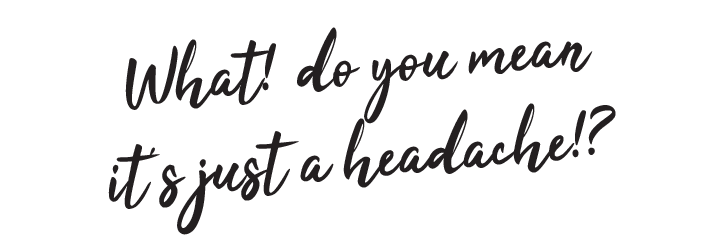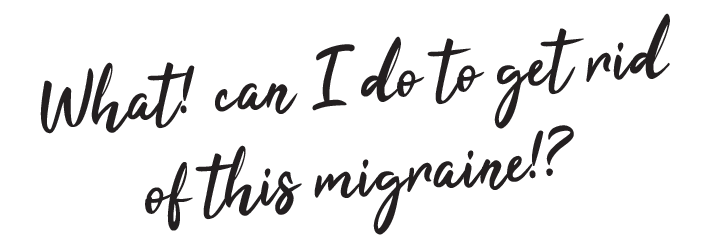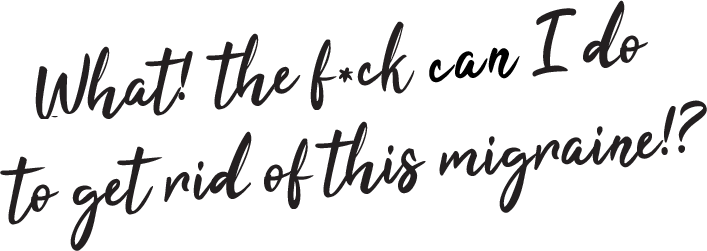The migraine WHAT! study focusses on the role of hormones in women with migraine. WHAT stands for “Women, Hormones, Attacks and Treatment”.
Recent news
-
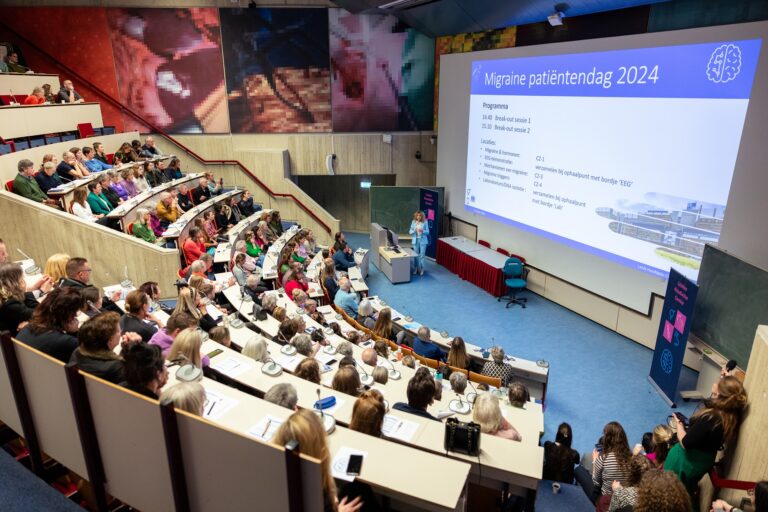
Migraine Patient Day 2024
The Leiden Headache Group organized a successful Migraine Patient Day, welcoming 300 people with Migraine logo pastries. Prof. Dr. G. Terwindt opened the day, followed by plenary sessions on various topics including the role of headache nurses, genetic research in migraine, and new treatment options. Participants could choose from interactive sessions on topics such as hormones and migraine triggers, and were given tours of the research laboratory and an EEG demonstration. The day concluded with a reception where scientific posters were presented and Headache Network provided information. Thanks to sponsors Abbvie, Lundbeck, Pfizer, and Teva, as well as all participants and their families. A report of the day will soon be available on www.headacheresearch.com. Also, listen to the Headache Podcast for more information! The next episode, scheduled for early April, will cover this patient day!
-
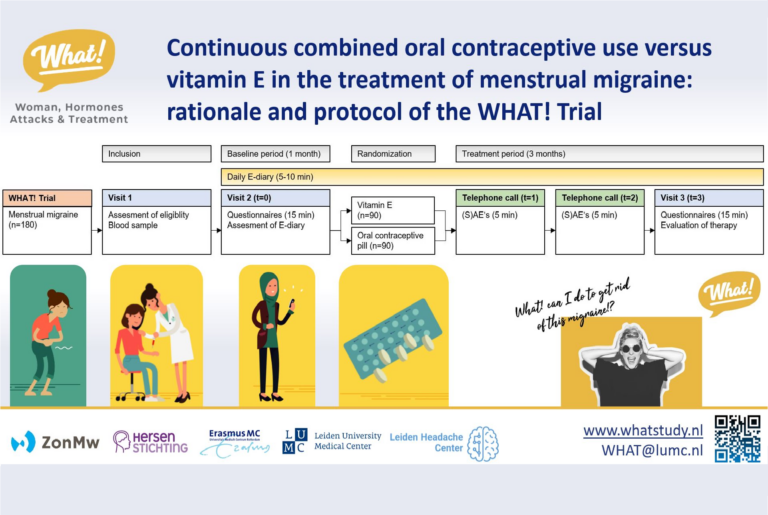
Publication: rationale and protocol of the WHAT! Trial
New publication! Our WHAT! study is moving forward with the publication of the background and protocol of the WHAT! Trial. You can find the entire article here. Women who suffer from migraines are more likely to experience migraines during their periods or other hormonal changes. The lack of understanding of the underlying pathophysiological mechanism causes a lack of hormonal treatment for migraine in women. Our hypothesis is that continuous daily use of a birth control pill could be an effective and well-tolerated preventive treatment for menstrual migraine.💊 We are still looking for new participants! If you are interested or know someone who might be, you can go to our application form (Dutch language is required)
-
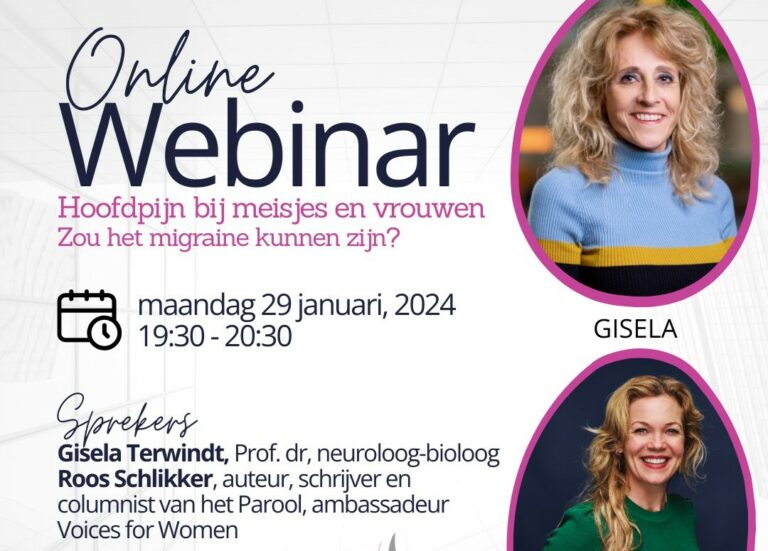
Webinar Stichting Voices for Women
On Jan. 29, 2024, Voices for Women Foundation held a webinar on headaches in girls and women: “could it be migraine”? The webinar was a great success and very informative. During this webinar, the Voices for Women Foundation talked with columnist and expert by experience Roos Schlikker and medical specialist Gisela Terwindt about headaches in girls and women. The WHAT! study was also discussed, as well as practical tips and advice for girls and women with migraine. You can listen back to the webinar at: https://voicesforwomen.nl/webinars/.
-

Quest: Why do women suffer from migraine more often than men?
1 in 3 women will experience a migraine attack at some point in their life. Migraine is three times more common in women than in men. Where does that difference come from? Physician-researcher Britt van der Arend and neurologist Gisela Terwindt explain it in an interview with Quest magazine. Read the article here (in Dutch).
-
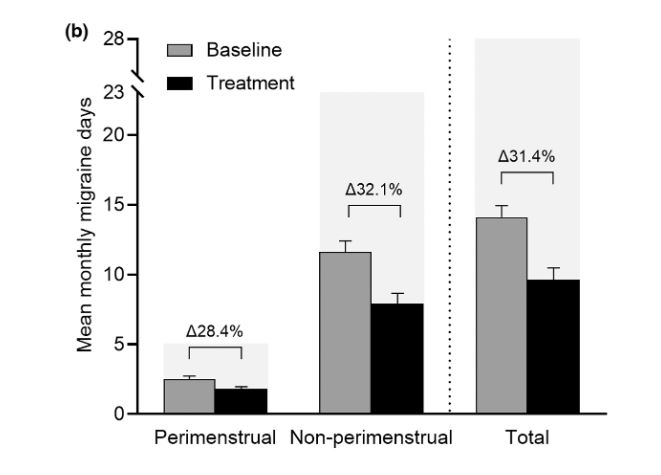
New publication!
Anti-CGRP medications seem to work just as well in women with menstrual migraine as in women with migraine that is not menstrual related. This research suggests that the use of anti-CGRP (receptor) antibodies may lead to a reduction in the number of migraine days throughout all days of the menstrual cycle. The finding also supports the preventive use of these antibodies in women with menstrual migraines. The entire article can be read here.
-
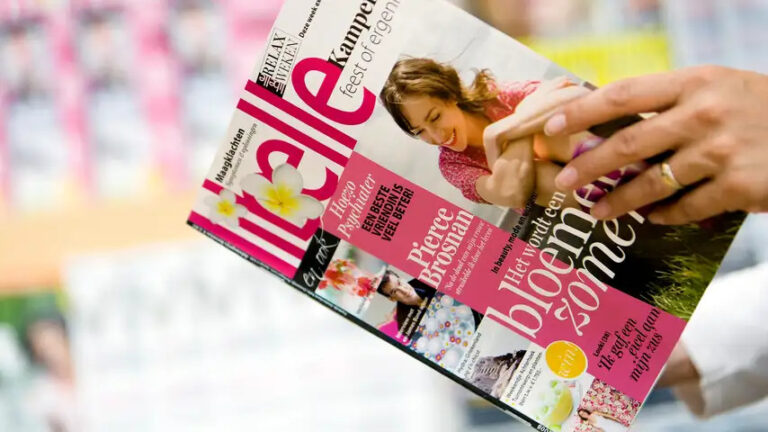
This is why women are more likely to experience severe migraine attacks than men
A third of all women will suffer from migraines during their lifetime, compared to ‘only’ one in nine men. Where do those differences come from? Libelle asked (headache) neurologist Gisela Terwindt and PhD Candidate Britt van der Arend. Read the article here (in Dutch).
-

Facts and myths about the link between headaches and food; what is true?
Does chocolate help with migraines and does coffee cause headaches? It is often said that food can prevent, cause, worsen, or reduce headaches. What are the facts and what are the myths? Neurologist Gisela Terwindt and medical researcher Britt van der Arend gave an interview in the magazine Libelle about the relationship between food and headaches, and food and migraines. You can read the article here (in Dutch).
-

Self-reported diagnosis of "menstrual migraine" has poor accuracy, headache E-diary is needed
New research from our group shows that self-reported menstrual migraine diagnosis has extremely poor accuracy. Two thirds of women suffer from menstrual migraine, independent of self-reports. Pure menstrual migraine is rare. Women with menstrual migraine have longer attack duration and increased triptan intake during perimenstrual attacks, in contrast to women without menstrual migraine. Prospective headache (E-)diaries are required for a menstrual migraine diagnosis, also in clinical practice. Read the article here.
-
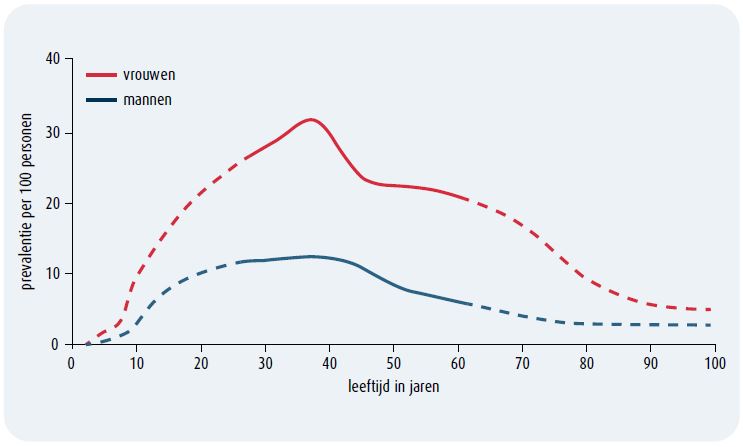
Treatment of (menstrual) migraine in women
Migraine is a brain disease that occurs three times more often in women than in men. Changes are also seen throughout a woman’s life course. Hormone fluctuations play a role in this, but the exact pathophysiology is still unknown. The drop in estrogen just before menstruation may lower the threshold for having a migraine attack. Migraine attacks are therefore more often seen in the period of two days before the first day of the menstrual bleeding up to three days later. These so-called perimenstrual attacks are more severe and longer of duration. As a result, the headache returns more often after taking a triptan (recurrence), because the effect duration of a triptan is too short for the duration of the migraine attack. Therefore, there is a great need for a woman-specific (hormonal) treatment for migraines. Read the full article here (in Dutch).
-
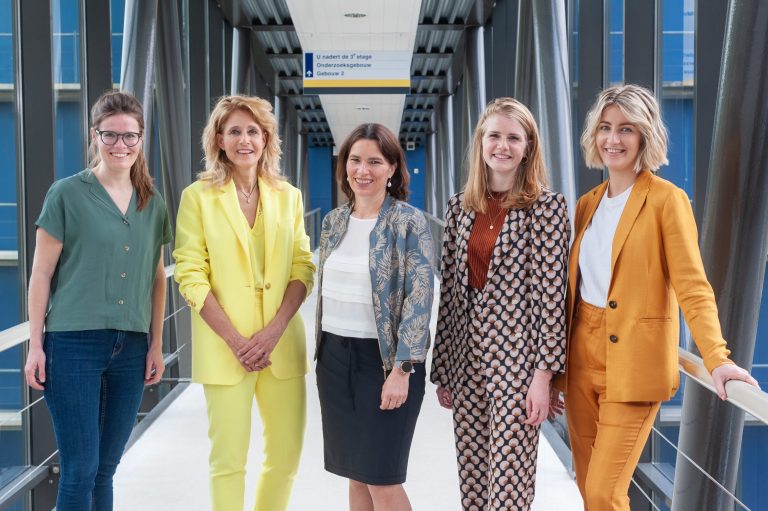
Migraine topic in magazine "Medisch Contact"
Women in particular suffer from migraines, yet little is known about the causes and sex-specific treatment of migraine in women. Physicians and researchers of the Leiden University Medical Center and Erasmus MC are now changing that. They investigate the influence of sex hormones in women with migraine and look for the optimal therapy. Read the article here (in Dutch).


